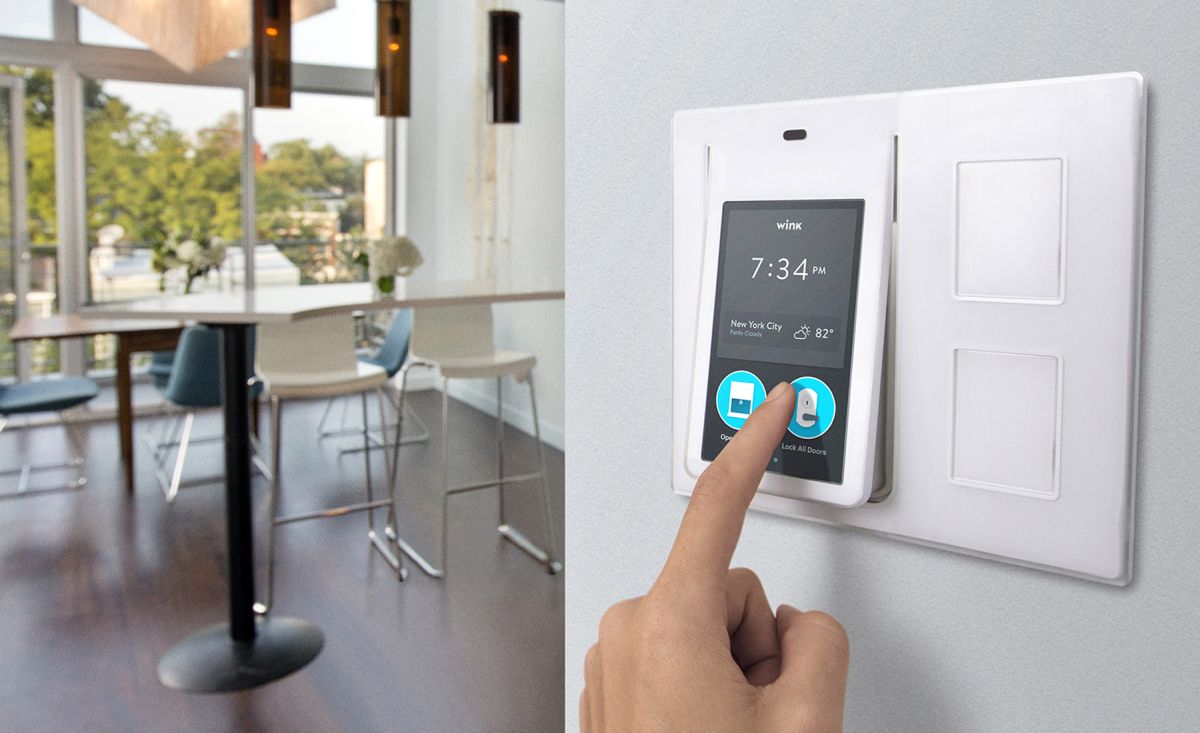Why invest in PropTech?
PropTech is used as a common name for various technology projects in real estate. This segment is more relevant than ever for investors – the Smart Building system accounts for about 35% of investments, while the processes of planning and maintenance of premises account for 21%. The rest falls on design, construction and other aspects.
PropTech includes not only Smart Building technology, but also Smart City, digital real estate agencies, digital development and others. Interest in this segment from investors is actively growing. The volume of investments last year amounted to more than 6 billion dollars, while in the period from 2012 to 2017 this amount was 11 billion dollars. In 2018, global venture capital investments have increased by almost 92% compared to 2017, and the popularity of the segment is only increasing. In the past period, financing increased by 38%.
The real estate market itself is interesting from the point of view of investments, and the opportunities offered by PropTech increase the chances to quickly reach high income levels. Technologies allow you to accelerate the design and construction of a building, provide it with the necessary communications and quickly obtain certain data. Digital innovation is relevant to the real estate market, and it’s no surprise that in recent years there have been a large number of startups that work in the field of PropTech. This has not gone unnoticed by venture investors. Starting from 2015, funding for this type of projects has been growing steadily, and this trend will continue in the coming years. Therefore, it will not be superfluous to add a few of these assets to your investment portfolio.

Rudin from New York was interested in Enertiv startup, which offers an operating system that allows you to unite all the centers of the facility’s operation in a single network. This will allow exchanging and analyzing data such as water usage, energy consumption and temperature in each room. Thanks to this information, it is easy to optimize resources, reduce consumption and increase the efficiency of all systems and communications.
The company WeWork, which provides coworking services, managed to obtain $47 billion in financing and became one of the largest landlords of commercial real estate.
Investors also invest in start-ups, whose digital products allow them to predict the value of objects, thus serving as traditional real estate agencies.
One of the largest deals last year was the platform from the VTS project. The service gives an opportunity to manage assets in the segment of commercial real estate, and also provides tools for leasing. The volume of investments amounted to $90 million.
